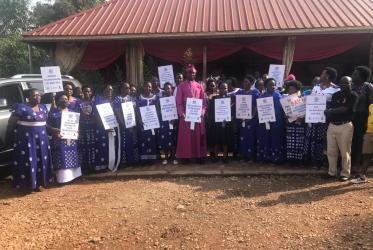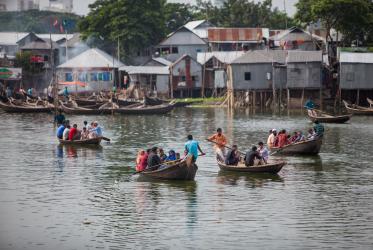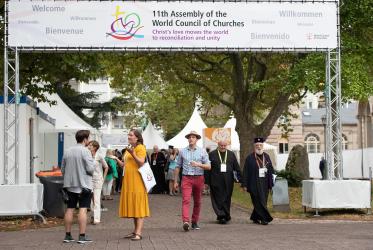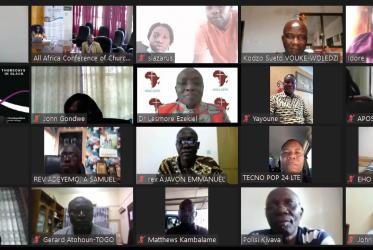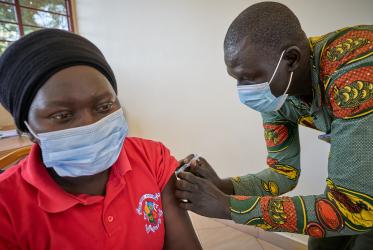Displaying 1 - 20 of 136
WCC to share key insights at World Social Forum
09 February 2024
Ecumenism in the Philippines means hope and resilience
22 August 2023
WCC condemns Uganda school attack
19 June 2023
WCC condemns bombings in Uganda, calls for justice
18 November 2021
Climate crisis fuels existing water injustice
27 October 2021







